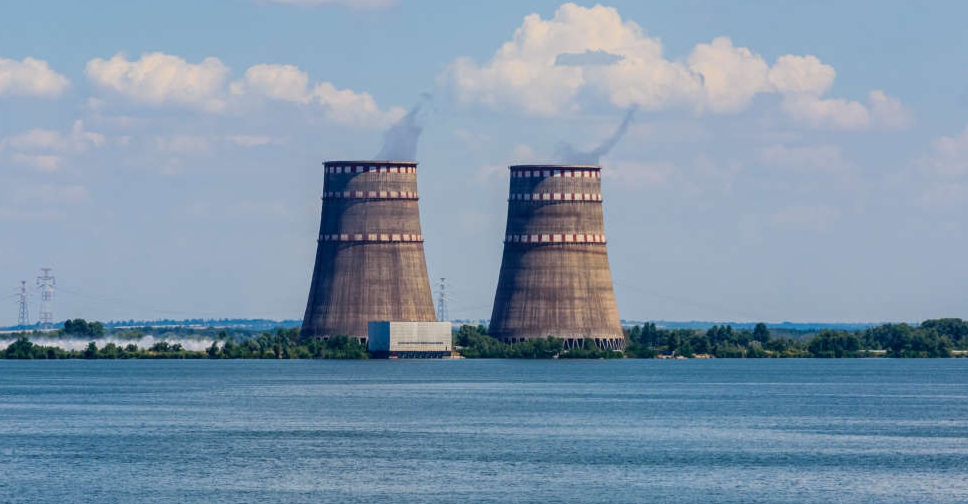
Ukrainian President Volodymyr Zelenskyy warned on Saturday that a "serious threat" remained at the Russian-occupied Zaporizhzhia nuclear power plant and said Russia was "technically ready" to provoke a localised explosion at the facility.
Zelenskyy cited Ukrainian intelligence as the source of his information.
"There is a serious threat because Russia is technically ready to provoke a local explosion at the station, which could lead to a (radiation) release," Zelenskyy told a joint news conference in Kyiv with visiting Spanish Prime Minister Pedro Sanchez.
He gave no further details. Ukrainian military intelligence has previously said Russian troops had mined the plant.
Zelenskyy called for greater international attention to the situation at the facility in south-eastern Ukraine, which is Europe's largest nuclear plant. He also urged sanctions on Russia's state nuclear company Rosatom.
Sanchez said that by visiting the Ukrainian capital as Spain kicks off the six-month rotating EU presidency, he wanted to underscore his support for Ukraine. Spain would provide an additional 55 million euro (AED 220 million) financial package for Ukraine to help the economy and small businesses, he said.
The Zaporizhzhia nuclear plant, located near the city of Enerhodar in southern Ukraine, has been occupied by Russia since early March last year, shortly after Moscow's invasion.
Russia has previously denied Kyiv's accusations that Russia was preparing an explosion at the plant. Kyiv and Moscow have accused each other of shelling the vast facility.
Ukraine, then part of the Soviet Union, suffered the world's worst nuclear accident in 1986, when clouds of radioactive material spread across much of Europe after an explosion and fire at the Chornobyl nuclear power plant.

 UK inquiry finds 'chilling' cover-up of infected blood scandal
UK inquiry finds 'chilling' cover-up of infected blood scandal
 Iranian President Raisi killed in helicopter accident, state media says
Iranian President Raisi killed in helicopter accident, state media says
 ICC prosecutor seeks arrest warrants for Israeli, Hamas leaders
ICC prosecutor seeks arrest warrants for Israeli, Hamas leaders
 Assange given permission to appeal against US extradition
Assange given permission to appeal against US extradition
 Israel intends to broaden Rafah sweep, Defence Minister tells US
Israel intends to broaden Rafah sweep, Defence Minister tells US




